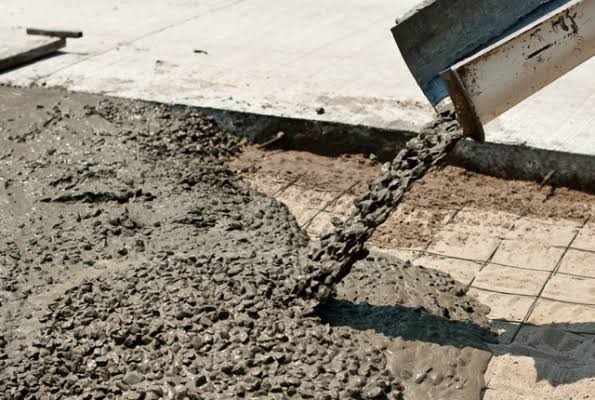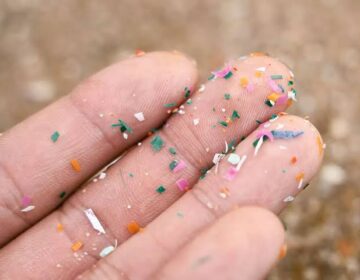Researchers have discovered that incorporating biochar into cement produces concrete that is both stronger and more environmentally sustainable.
In Canada, it often feels as though the year is divided into just two seasons: winter and construction. From repairing sidewalks and roadways to building houses and apartments, nearly all of this work relies on cement, the essential ingredient in concrete.
Producing cement has a major environmental impact, accounting for roughly eight to ten percent of global greenhouse gas (GHG) emissions. Researchers at the University of Saskatchewan’s (USask) College of Engineering are investigating whether part of the cement used in concrete could be replaced with biochar to create a more sustainable alternative.
Biochar is a fine, carbon-rich material created when plant waste (biomass) is burned in a low-oxygen setting. “We’re using the non-edible component, like flax or wheat straw,” explains Ravi Patel, a PhD student at USask. “Normally, this kind of plant waste is left on the field.” Patel and his team wanted to test how substituting biochar might influence the strength and durability of concrete. Using biochar reduces the need for cement and also locks in the carbon stored in plant matter.
The researchers experimented with different proportions of biochar in the cement mixture and tested the resulting samples. They first evaluated how well the samples withstood typical stress and wear that concrete experiences in real-world conditions. Afterward, they analyzed the material at the Canadian Light Source, a national research facility at USask, to study the microstructure of the samples. Their results showed that biochar-enhanced concrete was stronger and less porous than concrete made with higher amounts of cement.







